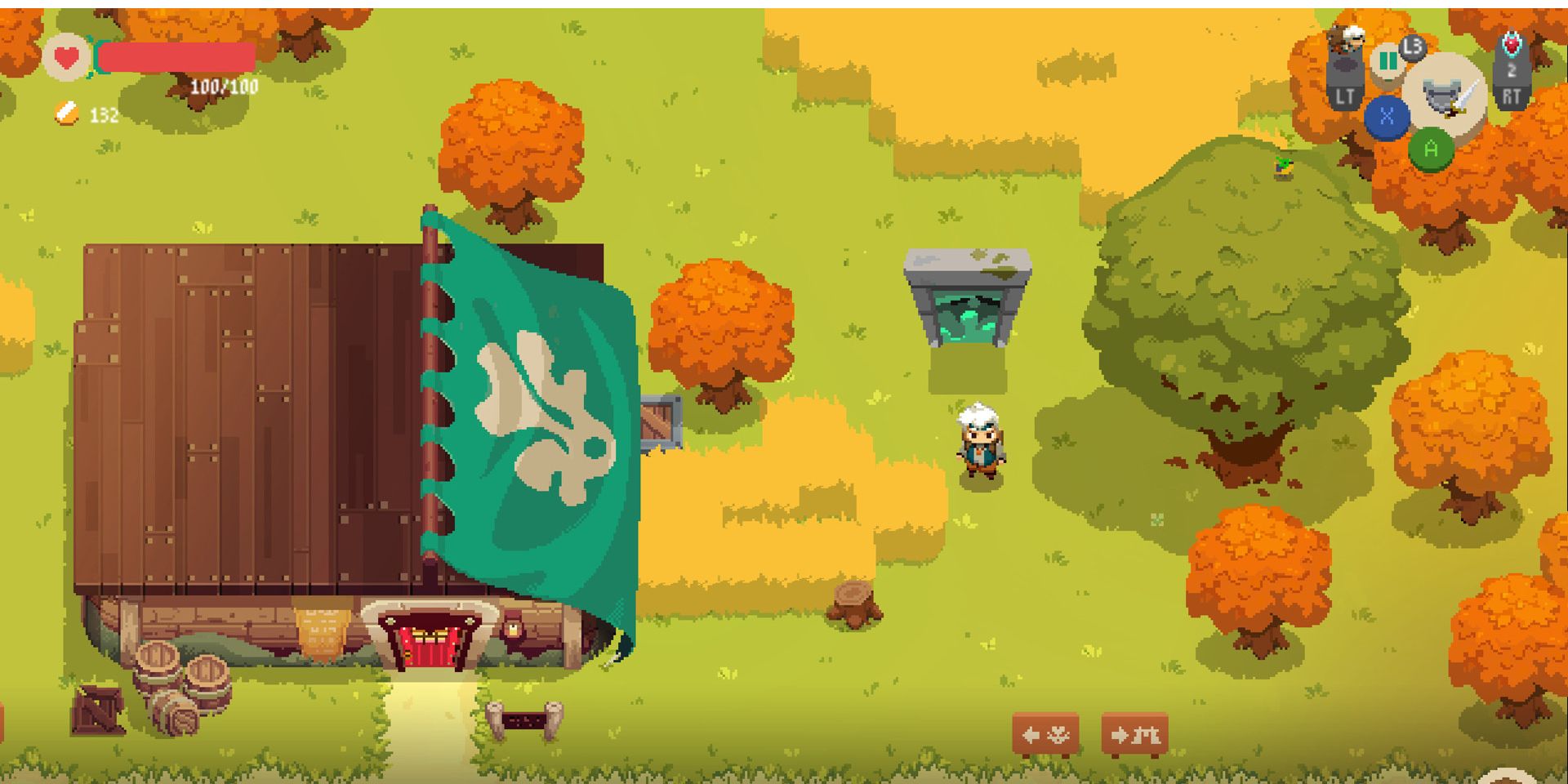
Most fantasy RPG video games like to focus on the stories of daring adventurers, famous heroes, and chosen ones, but these seldom mention the unsung heroes who make the economies of their worlds work. Where are the RPGs about the innkeepers, the bartenders, the quest-givers, and the merchants who sell adventuring parties all their potions and gear? As it turns out, there are several indie game RPGs about service industry workers that explore this very concept, transforming the classic fantasy narratives of games like The Elder Scrolls and The Legend Of Zelda to focus on the people who support adventurers in their epic quests.
In the late 1970s, designers Gary Gygax and Dave Arneson created Dungeons & Dragons, the world's first roleplaying game. Nowadays, RPGs are a well-trod genre, but at the time, the idea of a roleplaying game was shockingly novel to the gaming community. Instead of controlling armies of faceless playing pieces, players could take control of individual characters with unique abilities, characters that could change and grow over time as they leveled up - and as they purchased gear from vendors in their world.
From the very start, transactions of money and items have been core to the RPG experience, a gameplay mechanic as ubiquitous as XP or fireball spells. The protagonists of RPGs, whether of the tabletop or computer variety, earn currency over the course of their adventures and spend it on equipment from a merchant's stall, mana potions from an alchemist, spell books from a wizard, and other goods and services an aspiring fantasy adventurer might need. This raises several questions: What would it be like to work in the service industry that caters to these adventurers? Would these shopkeepers and blacksmiths be exasperated with their rowdy customer base or inspired to go on adventures of their own? The following RPG video games each try to answer these questions in their own way.
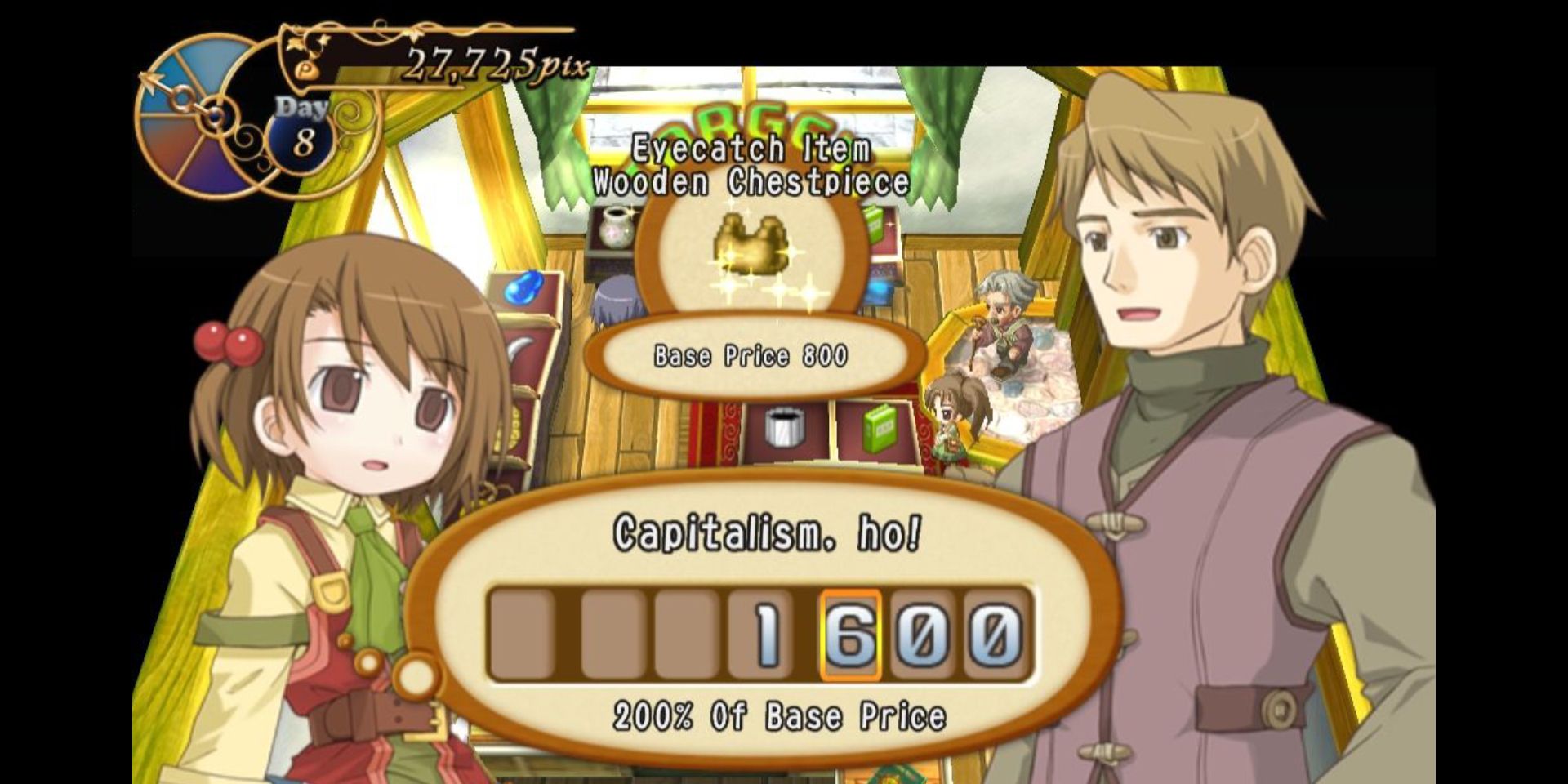
If D&D was the first game in the RPG genre, then Recettear: An Item Shop's Tale is the game that popularized the "service-industry fantasy" subgenre. Released in 2007 by "doujin" game studio Easy Game Station, the game's story focuses on Recette Lemongrass and Tear, a human girl and fairy who must successfully manage a fantasy item shop for adventurers in order to pay back a family debt. Gameplay is divided into two sections: In the business section, the player expands and decorates their item shop, haggling with customers to buy new magic items on the cheap and sell them for high prices. In the dungeon-delving section, the players hires teams of fantasy adventurers to clear a dungeon - never participating in the combat, but moving around to collect loot and heal up their adventurers with helpful potions.
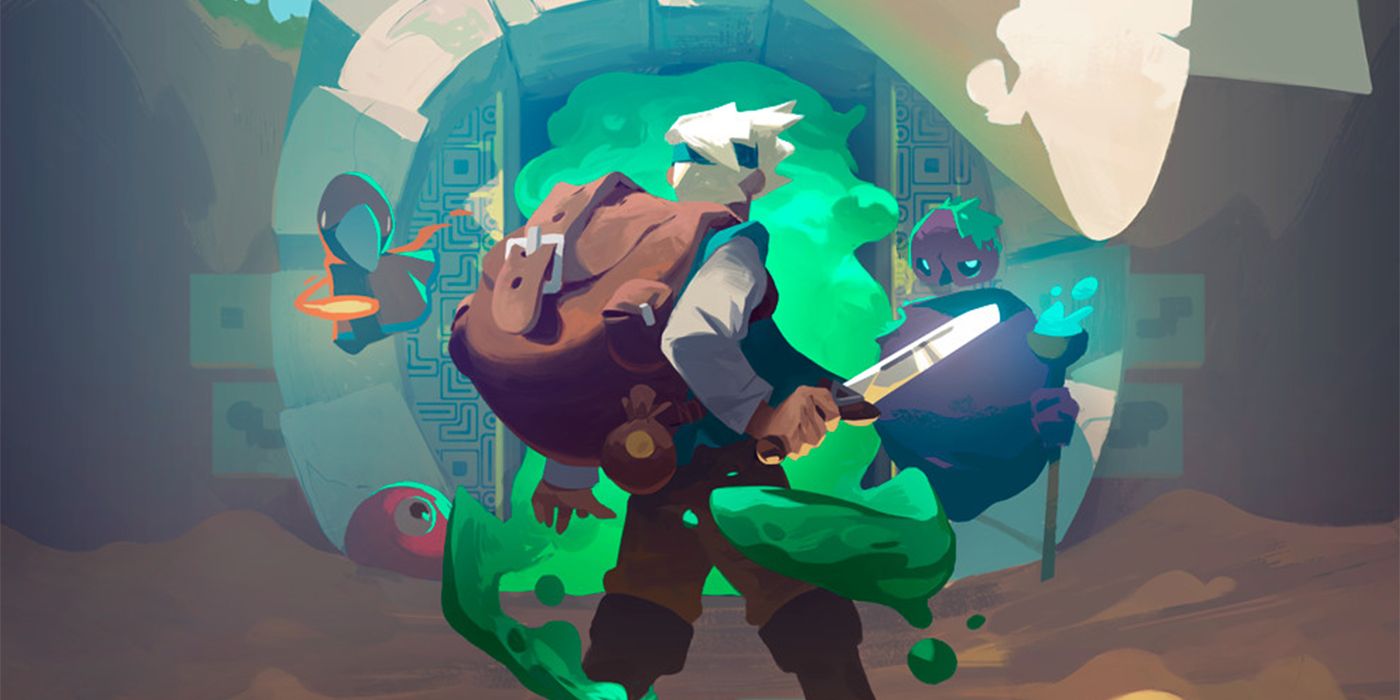
Released by Digital Sun for PC, indie RPG Moonlighter has a similar premise to Recettear: An Item Shop's Tale, combined with life-management gameplay from Stardew Valley, the 8-bit graphics of games like Hyper Light Drifter, and the combat of classic installments in The Legend of Zelda series. In Rynoka Village, Will, a young shopkeeper, runs his business and dreams of becoming a hero. His character journey is embodied through management gameplay, in which the player sells items, crafts new equipment, and expands their business, along with combat gameplay, in which the player explores procedurally generated dungeons to slay monsters and acquire exotic new equipment to wield and sell.
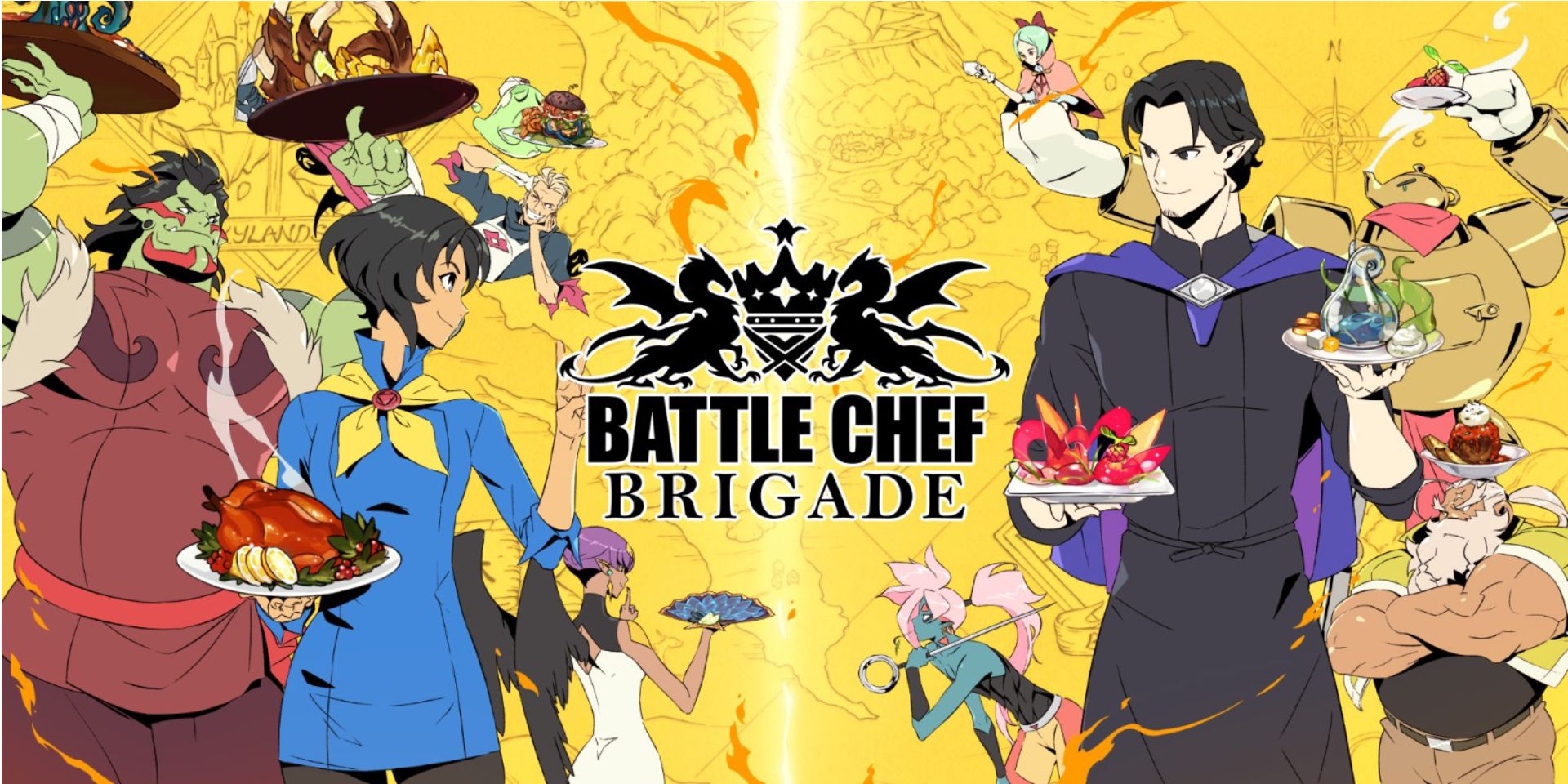
Battle Chef Brigade Deluxe blends several different gameplay genres - beat 'em up, action platforming, tile-matching - into a cohesive whole, much like its fantasy chef protagonists blend ingredients from the various monsters they cook into a cohesive and delicious meal. The main characters of Battle Chef Brigade's single-player campaign, Mina, Thrash, and Ziggy, strive to become the best battle chefs in the fantasy realm of Victusia, entering a competition where they must track down fearsome beasts, slay them, and cook their parts into delicious meals. The combat sections of the game blend together the action-platforming of titles like Castlevania with the combos and hand-drawn graphics of fighting games like Guilty Gear, while the cooking segments are based around matching up rows of colored tiles like Candy Crush. The more combinations players get, the tastier their food is.
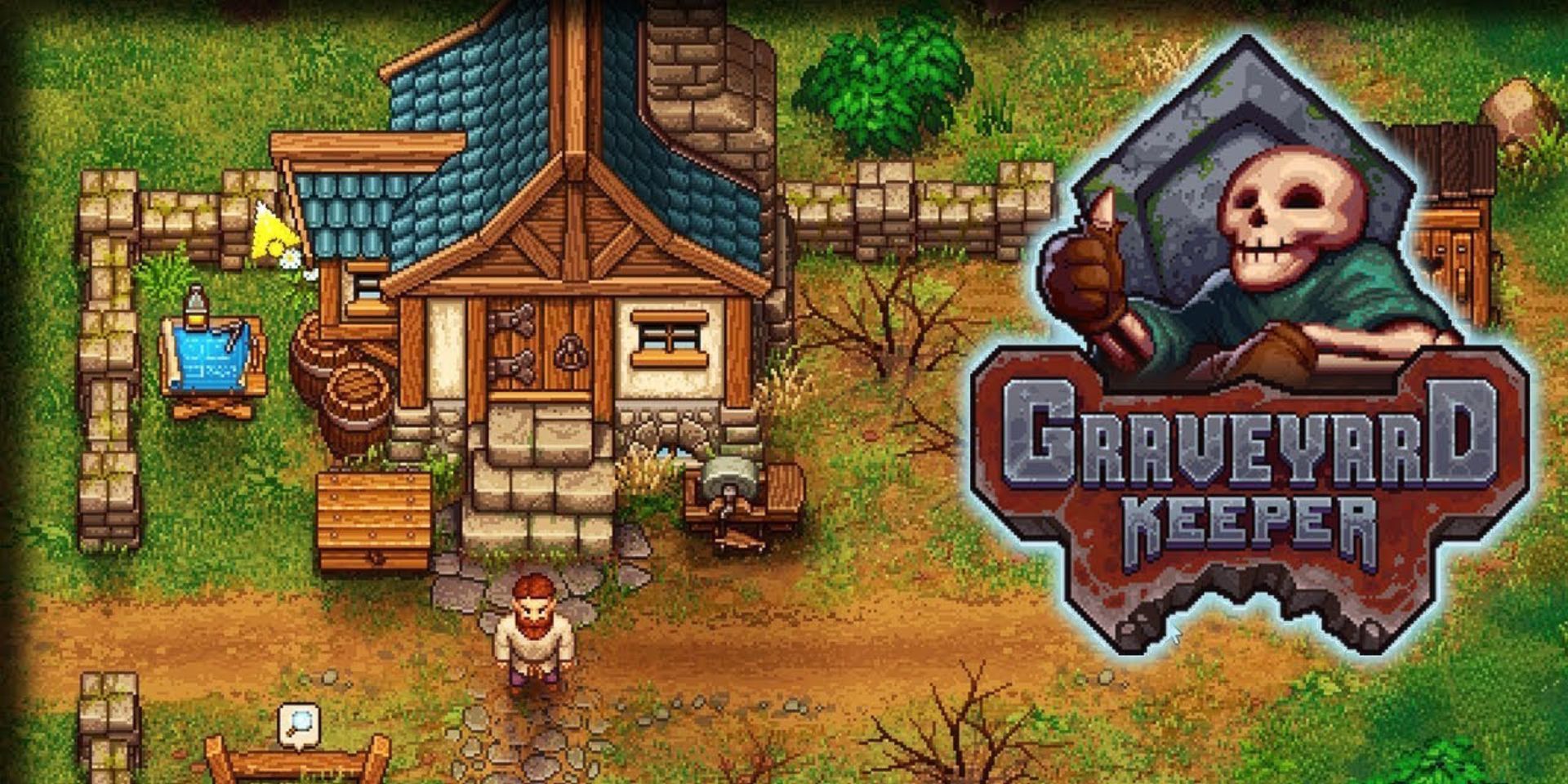
Graveyard Keeper has frequently been described as a grim, gothic version of Stardew Valley, and the comparison is not inaccurate; instead of taking care of a farmstead and its surrounding agricultural community, the protagonist of Graveyard Keeper tends to the local cemetery of a medieval community, faced with the unpleasant but necessary task of figuring out what to do with all the dead bodies. Do they bury them respectfully in thoughtfully crafted mausoleums? Cremate them? Dump them in the river? Grind them up into sausage to sell to the local butchers? Raise them as zombies with necromancy? Over the course of a Graveyard Keeper playthrough, the player can also craft items, explore monster-filled dungeons, and interact with the colorful characters of their spooky, superstitious hamlet.
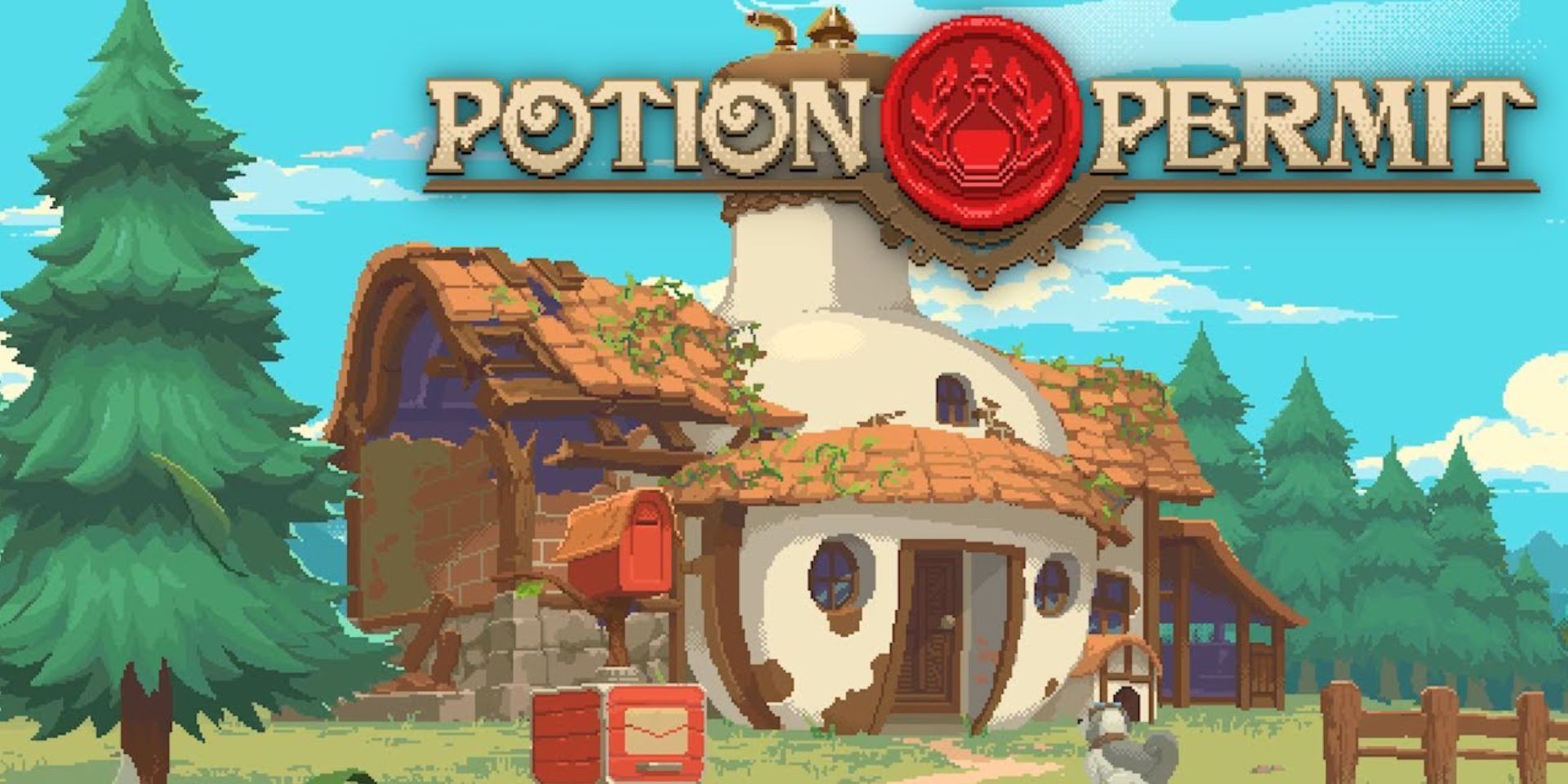
Potion Permit is a promising-looking game set to be released sometime in 2021. It's a service-industry RPG centered around the lifestyle of the trusty village alchemist seen so frequently in fantasy adventure stories. The protagonist of Potion Permit is an alchemist from the Medical Association, sent to the rustic town of Moonberry to help treat its Mayor's ailing daughter. As a professional potion-crafter and physician, players will spend half of their time in the village looking after residents who've fallen ill, cataloguing their symptoms to determine their malady and devise the perfect remedy. The other half of Potions Permit is classic The Legend of Zelda-style exploration and monster-fighting: The player gathers ingredients from the wilderness around their village, braves inclement weather conditions, and fights off wandering monsters. In this segment, they can weaponize their alchemy skills to craft fortifying potions and caustic brews that debilitate their enemies, using their crafty talents to aid themselves in their own adventures.
from ScreenRant - Feed https://ift.tt/38ReKdZ
via IFTTT







0 comments:
Post a Comment